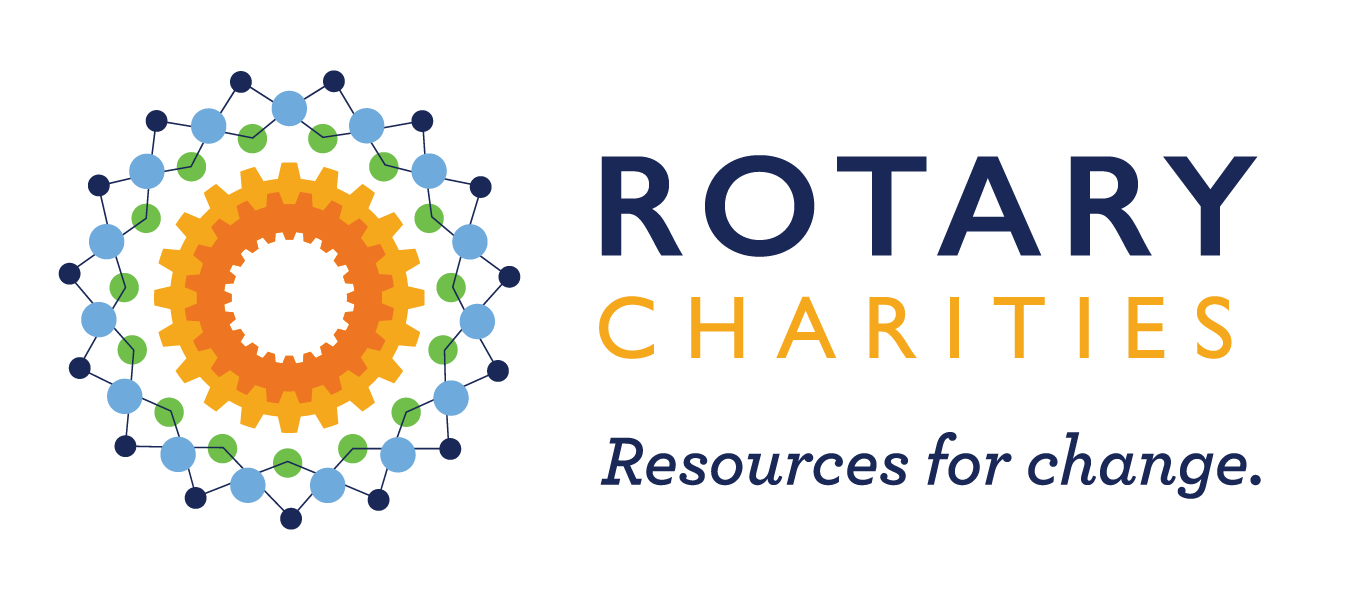TO TOP
Our Partners
We support 501(c)3 nonprofit organizations, Native nations, local units of government, and school districts that provide services in Antrim, Benzie, Grand Traverse, Kalkaska and Leelanau counties.
We believe…
Our community has the creativity, perspective and persistence to build a society where everyone can thrive. And changemakers have been working to better our community for decades. Yet some challenges persist, and some have even gotten worse - like the housing crisis, hunger, or climate change. We’ve gotten good at helping our community beat the odds, but it’s not sustainable. It’s time to change the odds.
We believe we need to work differently together to make progress. Working alongside community members from many walks of life to build community assets will help us meet the needs of those often left behind. Systems practice provides a framework to study issues from new angles, and find opportunities for change we may not have noticed before. And cultivating adaptive leadership skills to navigate changing environments will build supportive and innovative workplaces and communities.
Connecting people to each other, knowledge and opportunities creates change. We are committed to using our connections and resources to support changemakers in addressing our region’s complex problems and creating community assets for all. And we are learning to work in new ways to achieve these big goals, as reflected in our guiding principles.
Our Theory of Change
This Theory of Change represents the work of Rotary Charities and the outcomes and impact, the ripple effects, on the five-county region that we believe will result from this work.
Our Strategies

Grants & impact investments to prepare changemakers to create or expand community assets, or redesign systems to address the roots of complex issues

Learning opportunities & coaching to build skills and mindsets for adaptive leadership, collaboration & systems practice.

Cohorts, curated resources & informal networking to connect changemakers with resources, new ideas & each other.
Other inputs include: our relational approach; continuous learning & adaptation; our endowed and leveraged assets; local & global connections; staff, coaches, and Rotarian volunteers; and our guiding principles & core values.
Desired Outcomes
Initiatives have adequate resources to prepare for, launch, sustain, or adapt work towards new or expanded community assets or address root causes of community issues.
Changemakers have the skills, mindsets and incentives to work in ways that are inclusive, equitable, collaborative, aligned, resourceful, reflective, and adaptive
Changemakers leverage new connections with each other, learning opportunities, and support
Ripple Effects of Our Work
Community Impacts
Changemakers create or expand accessible community assets
Changemakers work together to redesign systems that work well for everyone

Regional Impacts
People have access to what they need to be healthy, engaged and connected
Communities adapt to local challenges and opportunities
Over the years, we’ve learned from our grantees and partners that long-lasting results involve deep collaboration, creative use of existing resources, and flexibility to adapt to changing circumstances. Your successes and challenges have paved the way for our learning. Just as we evaluate our own work in these 6 areas, we also use these criteria to evaluate grant applications. We do not expect applicants to excel in all criteria. These are aspirational goals, and we encourage changemakers to grow into these criteria over time.
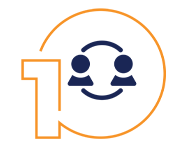
Including stakeholders with relevant expertise and those with lived experience is foundational to strategies for changing systems and building community assets that are accessible to all.
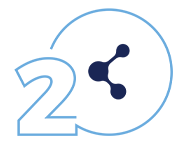
We are stronger and smarter together. Complex community problems often require cross-sector partnerships to create enduring solutions. Collaboration can take a variety of forms, from an advisory team to a joint venture where ownership and decision-making are shared.
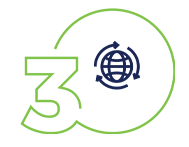
Creatively leveraging the knowledge, capital, and infrastructure that is already available makes for sustainable, relevant initiatives.
Tap into existing expertise in your networks and consider other regional funding opportunities to help you grow.
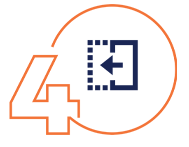
Learning does not take time away from the work - weaving learning into the everyday is the work. Learn from what is happening globally and nationally, in our local contexts and ecosystem, and within the culture, mindsets, and practices of our organizations, teams, and ourselves.
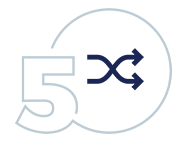
Building flexibility into strategies helps us use what we are learning to adapt to what’s needed, when it’s needed.
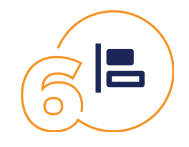
Our society is interconnected, and initiatives that build a fair, thriving, and resilient region must reflect that. Get to know others who are working toward a similar vision. What part of the system are they most familiar with? Work in ways that complement each other - whether you're building a community asset or working to change a system.


